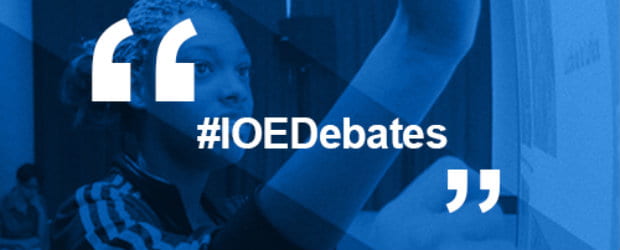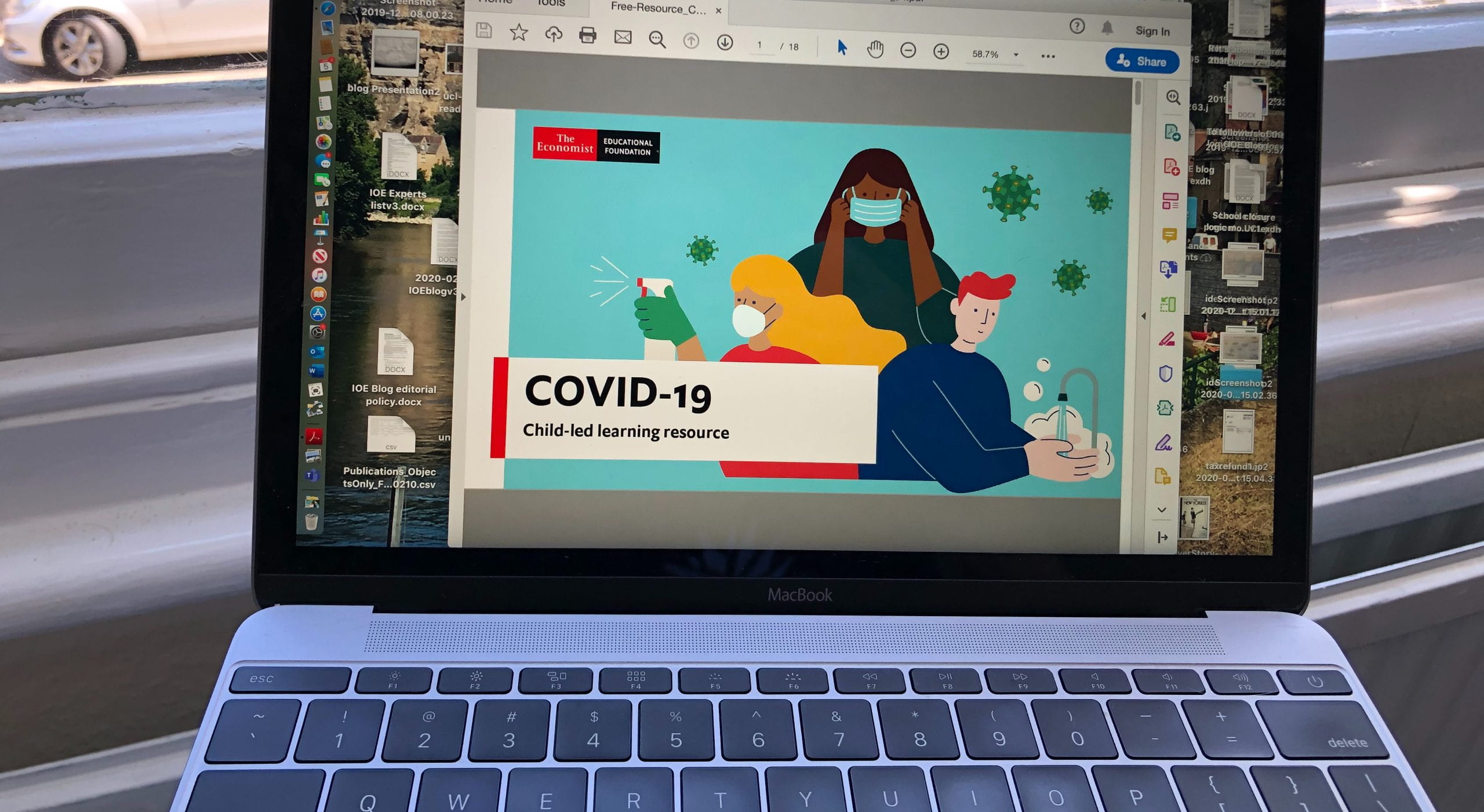Financial literacy part 3: Are there socio-economic differences in how parents interact with their children about money?
By Blog Editor, IOE Digital, on 11 February 2022
In the previous blog in this series I investigated socio-economic differences in young people’s financial skills. This focused upon the types of financial questions that young people from advantaged backgrounds can successfully answer, that their peers from disadvantaged backgrounds can’t.
In this next blog, I start to consider socio-economic differences in one of the key inputs into the development of young people’s financial skills – the role of their parents. Are there certain things that higher-income parents do with their offspring to nurture their financial skills, that lower-income parents do not?
Lets take a look (with further details available in the academic paper here). (more…)
 Close
Close







